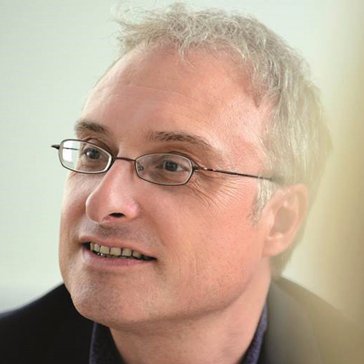What do Proposed Changes to the Early Learning Goals Mean for your School?

Proposed changes to the Early Learning Goals are just the latest event to put the spotlight on Reception, but there’s no need to panic, says Jan Dubiel…

- by Jan Dubiel

The summer break may be over, but it will hopefully have given Reception (YR) teachers, and those involved with supporting school-based EYFS provision, some welcome respite.
As the heat-sodden days of the previous summer term drew another year to a doubtless exhausted and emotional close, the high temperatures seemed exacerbated by the intense spotlight on YR in schools, which still shows no signs of dimming.
Recent heat flares such as the Teaching Schools Alliance overview of Primary Practice questioned the prevalence of ‘aimless activities’ in YR and bemoaned its ‘difference’ to the rest of the primary school years.
Early Excellence’s ‘The Hundred Review’ examined the reality of teaching in YR and Ofsted’s contribution, ‘Bold Beginnings’ provided a series of ultimately controversial recommendations for developing and refining the foci of YR practice.
This year will see the introduction of the ‘Baby PISA’ tests and the pilot for NfER’s highly controversial and universally criticised Baseline assessment as a starting point for primary school accountability.
Alongside this we are also now aware that the DfE will be piloting a review of the Early Learning Goals (ELGs) and aspects of the EYFS Profile assessment with 25 YR classes across England, prior to a full national consultation with early years teachers and experts in the Autumn term of 2019.
The DfE’s rationale for this is described as being both to boost every child’s language and communication skills in the early years, tackling the ‘word gap’ between disadvantaged children and their peers, and to reduce teacher workload, freeing up more time for them to interact with pupils in these critical first years of their education.
As the rationale suggests, the proposed ELGs feature a greater and more sustained emphasis on language acquisition and use, the role of literacy and the importance of a balanced provision of direct experience and the use of books, stories and rhymes – all alongside and within the predictable context of accurate decoding.
Read Matthew Courtney’s very good side-by-side comparison of the existing ELGs and those proposed.
Initial reaction has been cautious but most have offered a qualified welcome. In particular, the sector has been approving of the newly specific focus on ‘self-regulation’ in PSED.
Equally, the refocusing of number from counting to 20 to mastery of 10 in mathematics has also been met with approval, although the removal of ‘Shape, space and measures’ has been widely decried. The delineation of gross and fine motor skills as part of Physical Development was also seen as a positive development.
So, drawing breath for another year, how are we to accommodate this additional rise in temperature?
Firstly, it is worth considering that any review in itself is not an intrinsically negative event, and as we know and understand more about the essentials of early childhood development and how these can be represented, and how the statutory EYFS reflects this, it is only right that adjustments and modifications should be periodically considered.
Secondly I think that it is important to fully acknowledge that this is a genuine and authentic piloting of what are proposed changes to the ELGs and the EYFS Profile, and that this will be undertaken by the people it will directly affect – YR teachers themselves.
Therefore the eventual outcome will not be the direct product of a DfE committee, however expert it is, but as the result of the considerations and perceptions of those working with children.
We are all painfully aware of how easily myths get created for expectations in the EYFS and how resistant to their removal they can become. It is important that we view this in a measured, calm manner, and await the final outcome.
Finally, none of this does nor should impact on the principles of effective ECE and YR practice and provision which have been, and will continue to be, the universal reference point for all effective YR teachers.
Additionally, as things stand the current EYFS framework remains the statutory requirement for all YR classes apart from those participating in the pilot. It is critical that as this, and other spotlights, fall upon us, we remain committed to what really matters: what is right, appropriate and meaningful for children.
Jan Dubiel is head of national and international development at Early Excellence. For more information on Early Excellence’s resources and services, visit earlyexcellence.com.










